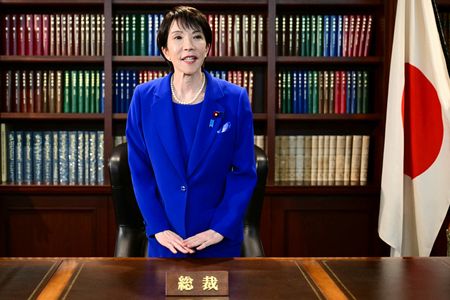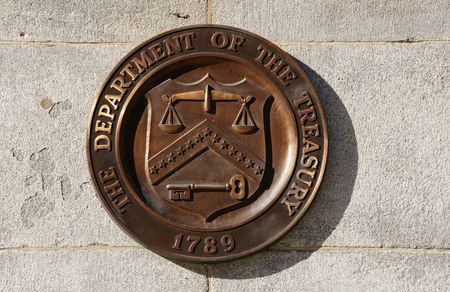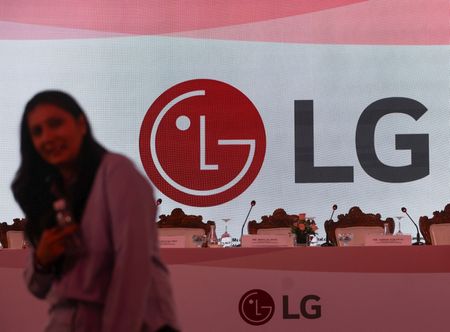By Leika Kihara
TOKYO (Reuters) -Japan’s ruling party chief Sanae Takaichi said on Thursday that the country’s central bank is responsible for setting monetary policy but that any decision it makes must align with the government’s goal.
Recent inflation in Japan has been driven by rising raw material costs rather than solid demand, Takaichi told a television programme when asked about prospects of a near-term interest rate hike by the Bank of Japan.
“I believe we should aim to achieve inflation driven by (strong) demand,” Takaichi said, signalling her caution against a premature rate hike.
“Specific monetary policy means fall under the jurisdiction of the BOJ. But any decision it makes must align with the government’s economic policy,” said Takaichi, who is known as an advocate of expansionary fiscal and monetary policy.
Takaichi’s surprise victory in a weekend party leadership race, which puts her on course to become Japan’s first female prime minister, has pushed the yen to an eight-month low against the dollar on receding bets of a near-term interest rate hike by the BOJ.
“I don’t want to trigger excessive yen declines. But in general, there are pros and cons to a weak yen,” Takaichi said.
While a weak yen serves as a buffer for manufacturers hit by higher U.S. tariffs, it hurts households by pushing up the cost of raw material imports, she said.
Takaichi said she will immediately issue an order to compile a package of steps to cushion the economic impact of rising living costs if she is chosen by parliament to become the next prime minister.
“We must pass through parliament legislation to cut the gasoline tax and compile a supplementary budget. Otherwise, people will continue to suffer from the rising cost of living, which will hurt consumption, weigh on corporate profits and hurt the economy,” she said.
Japanese government bond (JGB) yields have risen on the prospect of Takaichi deploying a big spending package that adds to the country’s huge debt pile and worsens its already tattered finances.
“I’ve never said that we don’t need to be mindful about Japan’s fiscal health,” though the priority would be to achieve economic growth, Takaichi said.
“JGBs are held overwhelmingly by domestic investors. It’s the most stable bond market in the world,” she said.
(Reporting by Leika Kihara; Editing by Sharon Singleton, Ros Russell and Hugh Lawson)











